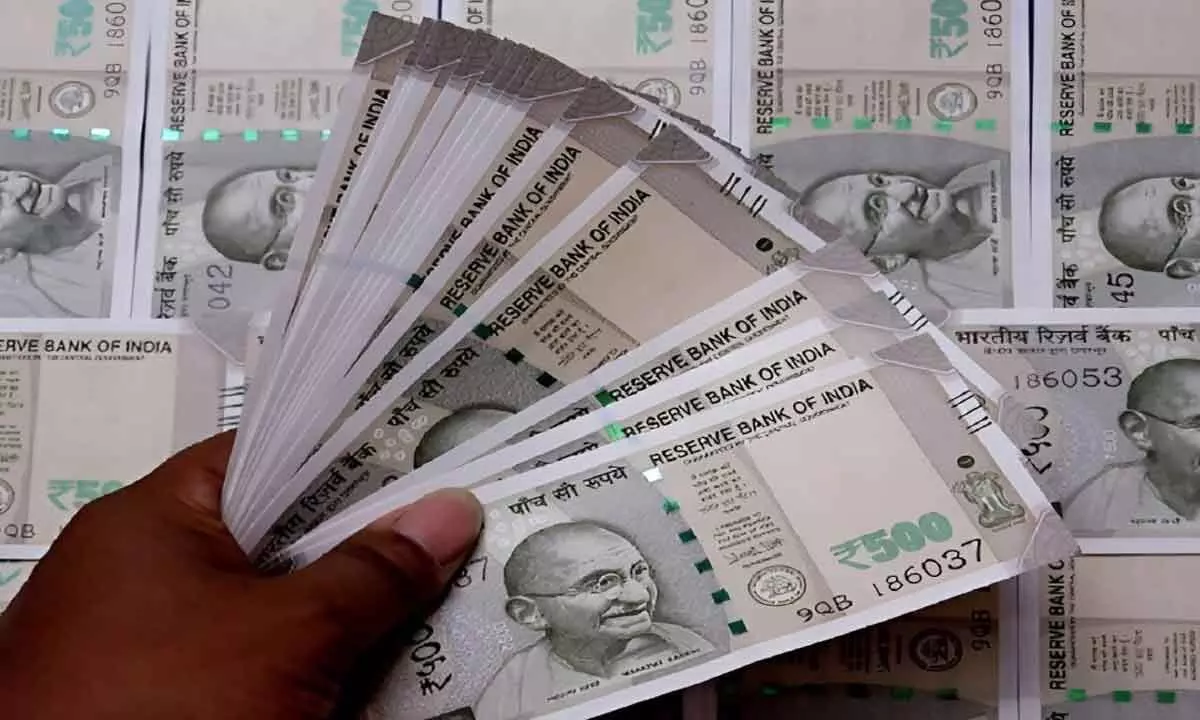RBI’s Rs 2.11 trn dividend will help lower fiscal deficit
It would also improve market liquidity once Centre starts spending this amount, says Finrex Treasury Advisors’ Anil Kumar Bhansali
image for illustrative purpose

Reserve Bank of India posted a record Rs 2.11 lakh crore dividend for the government. After keeping a risk buffer of 6.5 per cent which is the specific provision fund kept by the Central Bank primarily to be used during any unexpected and unforeseen circumstances.
Most of the RBI profit came from forex as bond yields did not move much. RBI was very active in forex for the whole year as it bought and sold on a constant basis keeping rupee in a range of 82.50 to 83.60 since last October.
Talking to Biz Buzz, Anil Kumar Bhansali, head of treasury and executive director, Finrex Treasury Advisors said, “The dividend was higher than last, surpassing the Rs 1.76 lakh crore paid in FY19. It is also more than double the budgeted dividend of the Central government in expanding infrastructure spending and simultaneously curbing the borrowing and helps corporates in getting more funds from the market.”
The Indian 10 year yield fell below 7 per cent as government would now approach the bond market less than what it would have budgeted. It would also improve market liquidity once government starts spending this amount. The current dividend to be paid in May will be accounted for by the government in FY25 and should reduce the fiscal deficit for FY25 as it would boost high gross sale of forex might have led to this high dividend, he said.
This should allow the government to cut on its gross borrowing estimate of Rs 14.13 lakh crore and help in lowering the borrowing costs. The 10 year bond yields dropped to below seven per cent, the lowest level in a year. With FPI money to come after inclusion of India in JPM Global bond index the bond yields should fall significantly in the coming months.
Requesting anonymity, an industry expert said, “This mega dividend makes the government finances much easier and smoother. Government will depend on the market for much lower borrowings through primary auctions.”
With the demand for government securities already at very good levels, due to index inclusion and lower borrowing program, the positive sentiment created may lead to further fall in market yields irrespective of an official rate action and inflation performance, he added.

